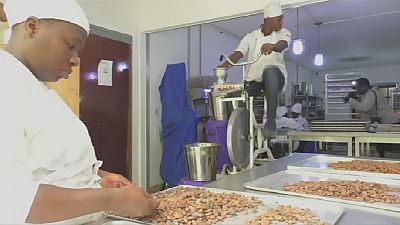Last week, daylight savings time began. That means more daylight at the end of the day. And, as the days are getting longer, I can now take a late-day ride before it gets dark.
Yesterday's jaunt took me through Queens and Brooklyn to Coney Island and the Verrazzano Narrrows.
I approached a great bridge, one that spans a strait of the Atlantic Ocean separating Brooklyn from Staten Island. The Spring equinox arrives tomorrow. Perhaps I am riding toward a bridge between two seasons.
Yesterday's jaunt took me through Queens and Brooklyn to Coney Island and the Verrazzano Narrrows.
I approached a great bridge, one that spans a strait of the Atlantic Ocean separating Brooklyn from Staten Island. The Spring equinox arrives tomorrow. Perhaps I am riding toward a bridge between two seasons.











